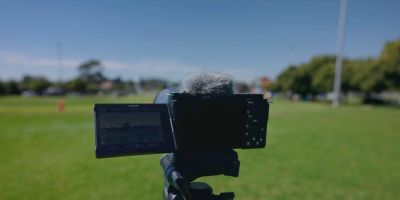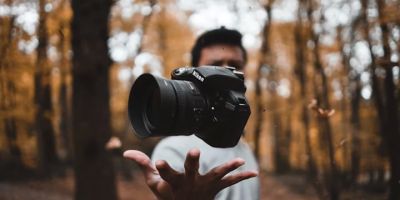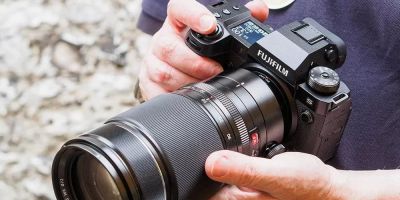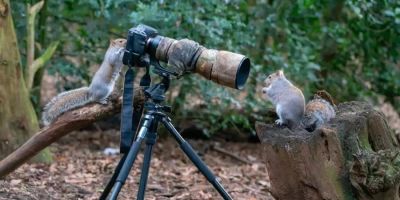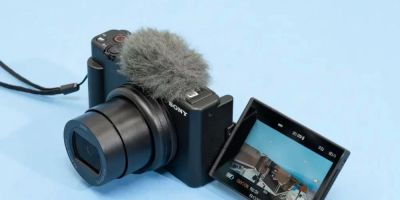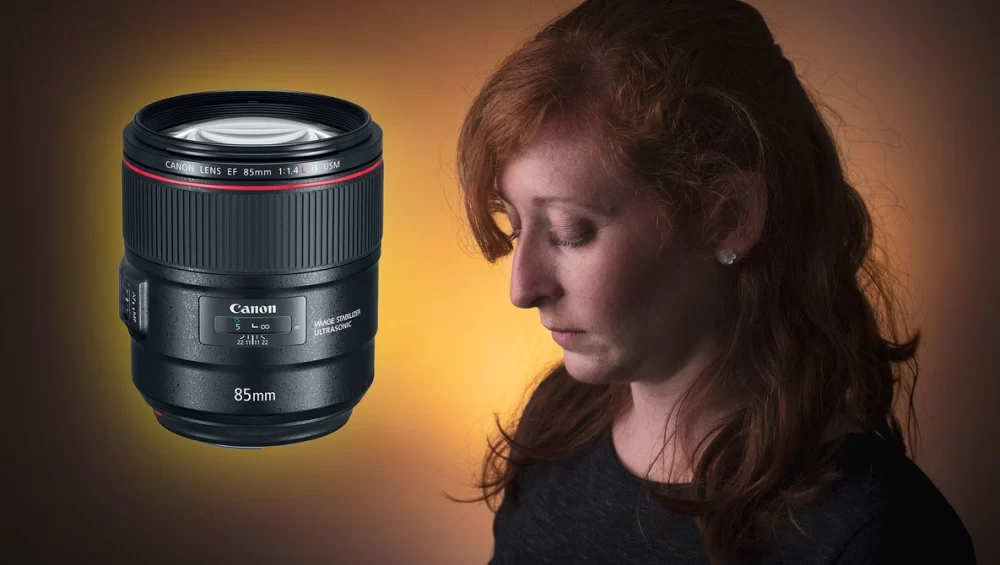
- Understanding Portrait Lenses and Their Importance
- Key Characteristics of Portrait Lenses
- Prime vs. Zoom Lenses for Portraits: What Works Best?
- Top Recommended Lenses for Portrait Photography
- Real-World Examples Using Portrait Lenses
- How to Choose the Right Portrait Lens for Your Style
- Where to Find the Best Portrait Lenses and Services
1. Understanding Portrait Lenses and Their Importance
When it comes to capturing beautiful and flattering portraits, the choice of lens plays a crucial role. Not all lenses are created equal, especially for portrait photography. The best lenses for portrait photography are designed to render sharp subject details while creating a pleasing background blur, often referred to as bokeh. This helps in isolating the subject and enhancing facial features, making the image more engaging and professional-looking.
Portrait lenses typically fall within a certain focal length range that flatters the subject without distortion. Understanding this helps photographers create compelling images whether shooting in a studio or on location. Over time, I’ve found that investing in a dedicated portrait lens greatly elevates the quality of my work compared to general-purpose lenses.
1.1 Why Lens Choice Matters More Than You Think
Many beginner photographers underestimate how much the lens impacts the final image beyond just resolution or autofocus speed. A portrait lens’s optical design influences how skin tones are rendered, the softness of out-of-focus areas, and how facial proportions appear. For example, a wide-angle lens used too close can distort features, which is usually undesirable for portraits.
2. Key Characteristics of Portrait Lenses
When searching for the best lenses for portrait photography, it’s important to understand their defining features. These characteristics directly affect how your portraits will look and feel.
2.1 Focal Length and Its Impact
Most portrait lenses have a focal length between 85mm and 135mm on full-frame cameras. This range allows photographers to capture flattering perspectives without distortion. On crop-sensor cameras, focal lengths around 50mm to 85mm usually work similarly due to the crop factor.
2.2 Wide Apertures for Beautiful Background Blur
A large maximum aperture (f/1.2 to f/2.8) is a hallmark of quality portrait lenses. This lets in more light for shooting in low-light conditions and creates a shallow depth of field. The background blur helps separate the subject from their surroundings, giving a professional, polished look.
2.3 Optical Quality and Sharpness
Superior optical design, including special lens coatings and aspherical elements, reduces aberrations and maintains edge-to-edge sharpness. Sharpness in key facial areas like the eyes is essential for impactful portraits.
3. Prime vs. Zoom Lenses for Portraits: What Works Best?
The debate between prime and zoom lenses in portrait photography is common. Each has advantages and limitations, and your choice depends on style, budget, and shooting conditions.
3.1 Advantages of Prime Lenses
Prime lenses offer wider apertures, better image quality, and lighter weight. They compel photographers to “zoom with their feet,” fostering creativity and composition skills. For portraits, a prime lens like an 85mm f/1.8 is often the go-to choice because of its sharpness and ability to produce creamy bokeh.
3.2 When Zoom Lenses Shine
Zoom lenses offer versatility, allowing you to quickly adjust framing without changing your position. This is helpful for events or environmental portraits where you need to adapt rapidly. Modern zoom lenses with constant apertures (like 70-200mm f/2.8) have become excellent choices for professional portrait work.
4. Top Recommended Lenses for Portrait Photography
Here are some of the best lenses widely praised by photographers and experts for portrait photography, covering various budgets and camera systems.
4.1 Canon EF 85mm f/1.8 USM
This lens is a favorite for many portrait photographers due to its sharpness, affordability, and beautiful bokeh. It’s lightweight and offers great autofocus performance.
4.2 Nikon AF-S 105mm f/1.4E ED
Known for its incredible sharpness and creamy background blur, this Nikon lens excels at delivering stunning portraits with natural skin tones.
4.3 Sony FE 85mm f/1.4 GM
Part of Sony’s high-end G Master series, this lens is perfect for portrait photographers who want exceptional image quality and build. It’s especially suited for full-frame mirrorless users.
4.4 Sigma 70-200mm f/2.8 DG OS HSM Sports
A versatile zoom option with a fast aperture, ideal for photographers who need flexibility without sacrificing quality. Great for event portraits and outdoor sessions.
5. Real-World Examples Using Portrait Lenses
To illustrate how lens choice impacts portrait photography, consider the example of renowned portrait photographer Annie Leibovitz. She often uses prime lenses like the 85mm for its flattering perspective and sharpness. Her iconic portraits reveal how subtle differences in lens characteristics shape the mood and emotion of a photo.
In my own experience shooting family portraits, switching from a general zoom lens to a dedicated 85mm prime lens transformed my images. The subject isolation and softness in backgrounds became noticeably richer, and clients often comment on the professional feel of the photos.
6. How to Choose the Right Portrait Lens for Your Style
Selecting the best lens for portrait photography involves balancing your needs, budget, and creative preferences.
6.1 Consider Your Shooting Environment
If you mostly shoot indoors or in low light, prioritize lenses with wide apertures like f/1.4 or f/1.8. For outdoor or event portraits, a versatile zoom lens might be better to adapt to changing distances.
6.2 Match Lens with Camera Sensor
Ensure the lens focal length complements your camera’s sensor size. For crop sensors, a slightly shorter focal length can give similar framing to full-frame portrait lenses.
6.3 Budget and Longevity
Invest in quality lenses that last. While pricier, prime lenses tend to maintain their value and offer superior optics. If just starting out, some excellent affordable options deliver great portrait results.
7. Where to Find the Best Portrait Lenses and Services
Finding the right gear and services can be overwhelming, but the team at Photo Studio offers tailored recommendations to help photographers choose lenses and accessories best suited to their style and equipment. Whether you’re looking for new or gently used portrait lenses, expert advice, or rental options, Photo Studio provides trustworthy solutions that save time and effort.
Exploring their resources and consultations can significantly improve your portrait photography journey by connecting you with the best lenses and supporting services to elevate your craft.

